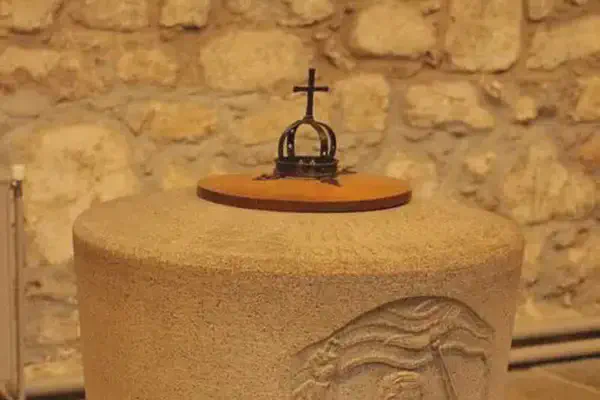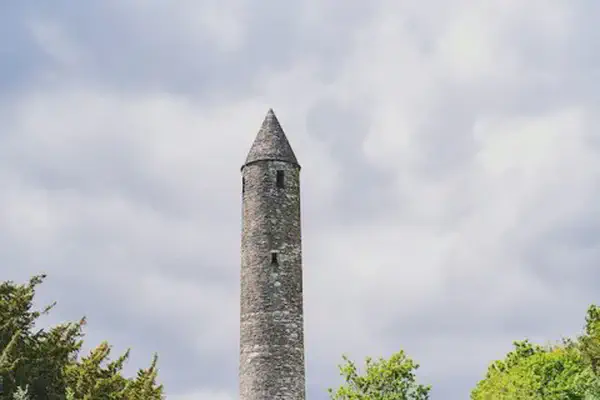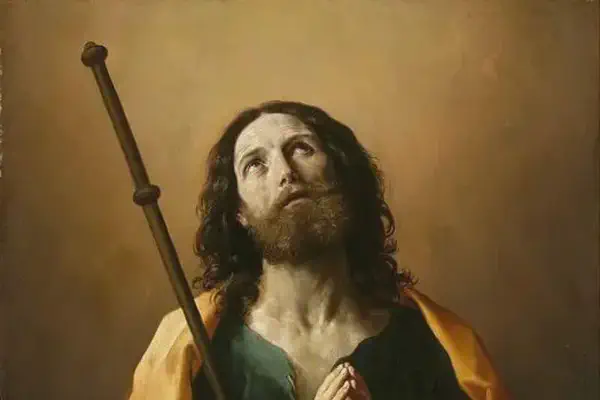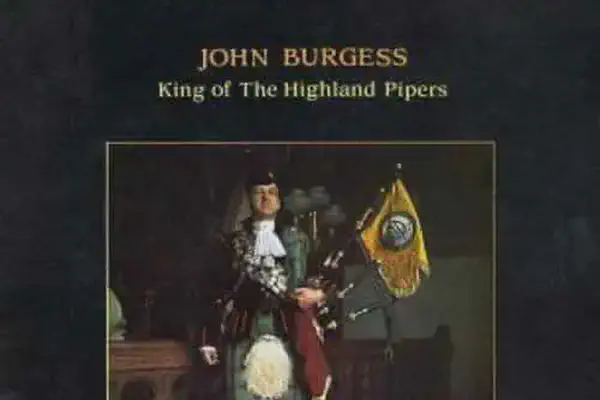On January 08, 1918 in Celtic History
Arthur griffin is elected second president of ireland by dáil éireann

Arthur Griffith (31 March 1871 - 12 August 1922) was the founder and first leader of Sinn Féin.
He served as President of Dáil Éireann from January to August 1922, and was head of the Irish delegation at the negotiations that produced the Anglo-Irish
Arthur Griffith was indeed a prominent Irish politician and the founder and first leader of Sinn Féin. He played a significant role in the Irish independence movement and was a key figure in the early 20th-century history of Ireland.
Key points about Arthur Griffith:
-
Founding Sinn Féin: Arthur Griffith founded Sinn Féin in 1905. The name “Sinn Féin” means “Ourselves” or “We Ourselves” in Irish, and the party advocated for Irish self-governance and the establishment of an independent Irish state.
-
Political Ideology: Griffith’s political ideology was influenced by his belief in achieving Irish independence through a policy of abstentionism from the British Parliament, economic self-sufficiency, and the promotion of Irish culture and language.
-
Dáil Éireann: During the Irish War of Independence (1919-1921), Sinn Féin established the First Dáil (Irish Parliament), and Arthur Griffith was elected as its President. The First Dáil declared Irish independence from British rule.
-
Anglo-Irish Treaty: Griffith played a key role in negotiating the Anglo-Irish Treaty with the British government in 1921. The treaty led to the establishment of the Irish Free State (now the Republic of Ireland) as a self-governing dominion within the British Commonwealth.
-
Death: Tragically, Arthur Griffith passed away in August 1922, just days before the outbreak of the Irish Civil War, which was sparked by divisions over the Anglo-Irish Treaty. He did not live to see the full implementation of the treaty and the establishment of the Irish Free State.
Arthur Griffith’s contributions to the early Irish independence movement and his role in the foundation of Sinn Féin and the negotiation of the Anglo-Irish Treaty had a lasting impact on the history of Ireland. While his life was cut short, his legacy and political ideas continue to be significant in Irish history.
Related Content

Shane Patrick Lysaght MacGowan, lead singer of the Pogues, died

St Machar Day, patron saint of Aberdeen

Oíche Shamhna - Cetlic New Year Eve (Halloween)

ALBAN ELFED (Welsh Bardic name for autumn equinox)

Feast day of St. James

John Davie Burgess, King of the Highland Pipers, died at age 71.